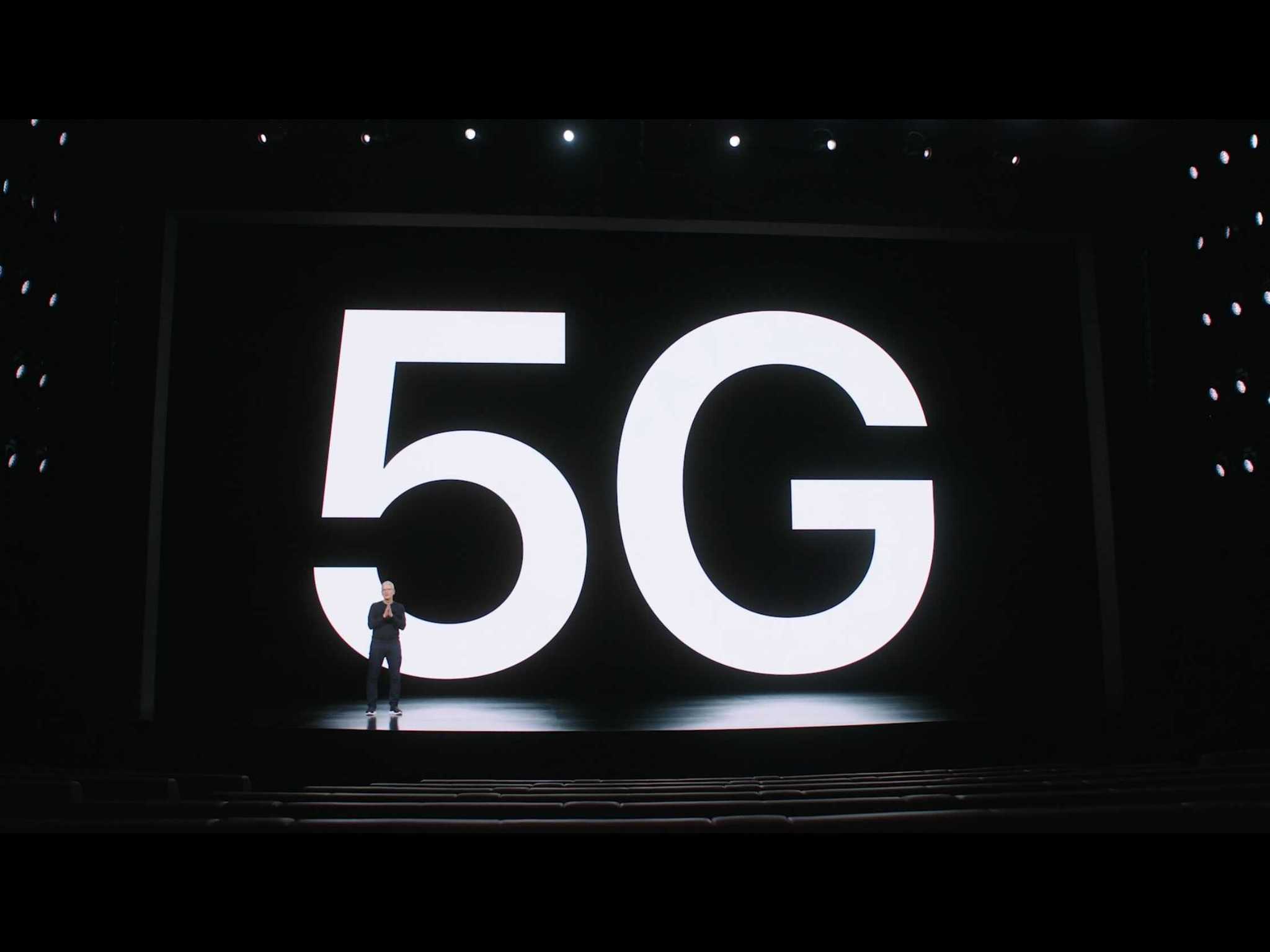Apple's 5G modems reportedly coming in 2023, won't be part of A-series SoC

What you need to know
- Apple will reportedly debut its own 5G modems, ditching Qualcomm, in 2023.
- Apple isn't expected to bolt the 5G modem onto the A-series chips.
Apple is expected to ship iPhones with its own 5G modem inside as of 2023, according to a new report. What's more, that same report suggests that Apple doesn't plan to put the 5G modem inside the A-series chip that will power much of the rest of the device.
The report comes via DigiTimes, with the outlet saying that itst sources believe that next year will be the last that Qualcomm's modems will be found inside an iPhone. After that, from 2023 onwards, iPhones will use a new 5G modem designed in-house by Apple.
If Apple follows the now-traditional naming convention we expect the 2023 iPhone to be powered by an A17 chip, but don't expect that to house the new 5G modem, according to the report. Instead, Apple is thought to have chip builder TSMC standing by to produce custom 5G modems for future iPhones.
Qualcomm recently said that it expects to supply 20% of Apple's modems in 2023, although that seems likely to represent the low-end iPhones and likely at least some iPads. That would also mean that the remaining 80% would consist of Apple-designed modems, likely reserved for new iPhones and likely any new iPad Pro models.
Apple firmly believes that in order to make the best iPhone possible, it needs to be able to design as many of its components as it can. It's been doing that with its SoC for years now — and the buyout of Intel's modem business confirmed that Qualcomm's days were numbered years ago.
iMore offers spot-on advice and guidance from our team of experts, with decades of Apple device experience to lean on. Learn more with iMore!

Oliver Haslam has written about Apple and the wider technology business for more than a decade with bylines on How-To Geek, PC Mag, iDownloadBlog, and many more. He has also been published in print for Macworld, including cover stories. At iMore, Oliver is involved in daily news coverage and, not being short of opinions, has been known to 'explain' those thoughts in more detail, too.
Having grown up using PCs and spending far too much money on graphics card and flashy RAM, Oliver switched to the Mac with a G5 iMac and hasn't looked back. Since then he's seen the growth of the smartphone world, backed by iPhone, and new product categories come and go. Current expertise includes iOS, macOS, streaming services, and pretty much anything that has a battery or plugs into a wall. Oliver also covers mobile gaming for iMore, with Apple Arcade a particular focus. He's been gaming since the Atari 2600 days and still struggles to comprehend the fact he can play console quality titles on his pocket computer.
